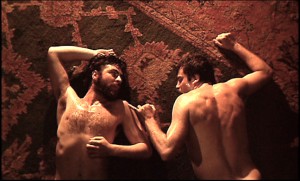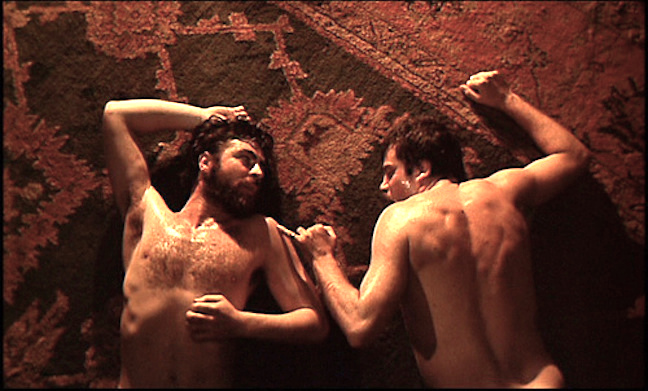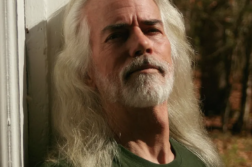IT’S ALMOST IMPOSSIBLE to imagine the early AIDS years without Larry Kramer, who became the de facto conscience of the plague in the 1980s. His 1978 novel Faggots almost seemed to anticipate AIDS, with its parody of gay men caught up in hedonism and unrestrained sex. His anger at an inept healthcare system, evil politicians, and closeted gays crystallized in The Normal Heart, the landmark play about the early battles against AIDS in New York City. He cofounded the Gay Men’s Health Crisis in 1982 and led the establishment of act up in 1987.

Kramer has always had his detractors, notably those who felt he came down too harshly on many of his gay brothers. But it now seems we’re in a Larry Kramer moment. The Normal Heart finally came to the screen last year on HBO, winning the Emmy for Outstanding TV Movie. He is the subject of a feature-length documentary, Larry Kramer in Love and Anger, directed by Jean Carlomusto, which aired on HBO in June.
And then there’s the new book. The American People is a 775-page, swaggering historical epic, a novel that seethes with Kramer’s anger at a country he believes has a great deal to answer for. Volume 1: Search for My Heart is already dividing critics with its unusual journey through time, ranging from Kirkus’ starred verdict that the book is “breathtakingly well written” to the Times’ Dwight Garner’s crack that, due to its vast cast of characters, “like an old toilet, it is easily clogged.”
Kramer fielded questions via e-mail relay in early May.







